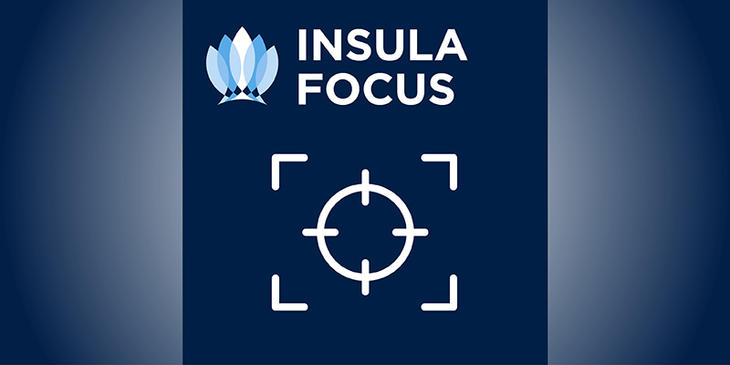Insula focus

Specifically, we focus on the following in our sustainability work :
- The wild-caught seafood we buy is only from sustainably managed fisheries.
- We work actively with our salmon supplier to ensure the most sustainable aquaculture, both in terms of feed, animal welfare and environmental impact. 60% of the climate footprint for salmon is derived from the feed. Soy is today an important ingredient in the feed and all soy from Brazil comes from guaranteed deforestation-free plantations, certified by DNV GL. In the future, an ever-increasing proportion of soy in the feed will come from Europe. Insula is also a driving force for the development of new feed compositions with alternative sustainable ingredients.
- The largest proportion of a product's climate impact comes from the product itself. Optimal packaging to minimize food waste is therefore the most important climate measure. We contribute to reduced food waste in stores and in the consumers´ homes through fewer sales units in each carton and targeted portion sizes.
- We minimize the use of plastics for packaging without compromising the products´ shelf life, use recycled plastic whenever possible and ensure that the plastic we use can be easily recycled.
- We work continuously to minimize the use of resources during processing of the raw material, related to energy and water.
- We ensure that the whole fish is used to minimize food waste.
- We work continuously to reduce the climate impact of transport by always seeking to achieve good pallet utilization and fully loaded vehicles. We encourage digital meeting activities to reduce air travel, and switch to electric cars for our company cars where possible.